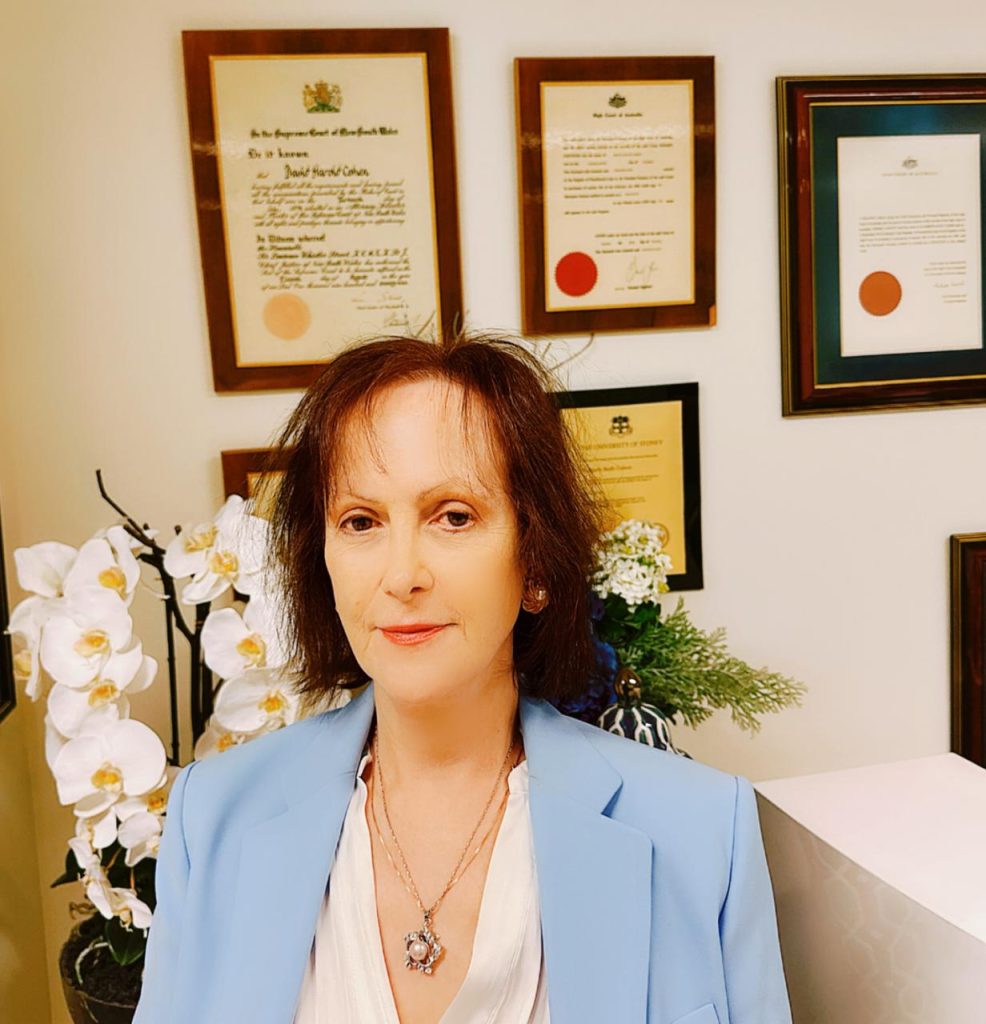
GRANDPARENTS’ ROLE
In many families, grandparents play a vital role as carer one day a week, as stress relief when a mother is having trouble managing a two-year old and a new born baby.
Sadly, there are also families that have drifted apart or where children have deliberately severed all ties with their parents.
If you are a grandparent and want to see your grandchildren, Christmas can be an especially difficult time.
Does the Australian Family Law Give Grandparents any RIGHTS?
In Australia the law says that even parents do not have rights in relation to children.
THEY HAVE RESPONSIBILITIES.
The central principle of all parenting matters is that every decision must always consider what is best for the child. The Act says that the best interests of the child is paramount.
What does the Family Law Act 1975 say?
As well as setting out the law about divorce, separation and division of property, the Act assists the Court in determining who the children under 18 years old, live with, who they spend time with and what time they will spend with a parent after separation. If the parents cannot agree, the Court can also decide where the children go to school, where changeovers will occur and who will have responsibility for making decisions about health care providers, education, religion and other long-term matters.
Who has Responsibility for the Child?
The Act considers it important that children have a meaningful relationship with both parents unless there is family violence or anything that would put the children at risk of harm.
The children have the right to be cared for by both parents who remain responsible for them emotionally, physically and financially until they turn 18.
The importance of giving children security and responsible care is reflected in the Act which acknowledges the importance of the children’s relationship with their extended families and their cultural heritage.
Where do Grandparents fit in?
The Act specifically states that grandparents as well as parents may apply for a parenting order. Additionally any other person who plays a significant role in the “care, welfare or development of the child” may apply so this could be aunties, uncles or anyone who is responsible for the child.
However, it does not automatically follow that grandparents will be successful in making an application for a parenting order.
Each case is decided on its own facts.
Parental Conflict
Most couples after separation are able to amicably resolve the issues related to the separation and do not need to go to Court. However, if there is a high level of conflict, Mediation or ultimately the Court may be appropriate to decide what will happen to the parties’ assets and most importantly what is best for the children.
If your child’s divorce was extremely bitter you may find that you are excluded from the children’s lives because changeover has become fraught with arguments and name-calling which is not helpful for the children.
Your child may have been found to have engaged in family violence and the children are only allowed spend supervised time with that parent. The time is probably so limited that even your own child will want all that time to themselves.
Role of Grandparents
The Court will always make orders according to what is best for the children.
This is where grandparents may have a special role.
If changeover is difficult for parents, it may be appropriate for a grandparent to be present at the changeovers.
If the parents work and need someone to pick the children up from day-care or after-school care, again it may be appropriate for a grandparent to take on this role.
Practical Difficulties
When the Court looks at what is in the children’s best interests, any practical difficulties including distance between homes and expense such as travel costs, will be considered before an order is made for the children to spend any time with any of the parties.
This may make it more difficult for grandparents who are pensioners and cannot provide the appropriate financial support to allow the children to spend any time with them.
At the same time, if the grandparents have facilities or the financial means to provide for the children’s needs, this may be used as evidence of the benefit to the children of spending time with their grandparents.
The health of the grandparent and the age of the children are all matters which will be considered.
Live With versus Spend Time With
Protecting children from harm is more important than children having a meaningful relationship with both parents.
Cases arise where a parent may be convicted of an offence with a custodial sentence. The other parent may have a drug problem or other issues which makes it impossible for the child or children to live with their parents.
The Court may determine that the grandparents provide the best and safest home for the children. Again this will be decided on the circumstances of the case.
Obviously it would be irresponsible for a very sick grandparent to have the care of 2 year old.
Are you being totally stopped from seeing your grandchildren?
If the parents have unilaterally stopped you spending any time with your grandchildren and there are no issues with their parenting, you may still have options to at least communicate with the grandchildren.
Dispute Resolution
If you can come to an agreement with the parents, it will save you the stress and cost of going to Court.
The Federal Circuit Court and Family Court of Australia mandates that all parties try to resolve their issues by attempting family dispute resolution.
If you can all discuss the situation with an impartial mediator, you may be able to work out a plan that will reduce the tension and allow you to amicably communicate with the parents so that the children have the benefit of all of you in their lives.
Family Relationships Australia may give you support and advice about how to appoint a mediation.
Court as a Last Resort
If you have tried FDR and it was not successful, the parties will receive a certificate to say that you had attempted dispute resolution.
You will then lodge an application to the Court to apply for parenting orders. You will need legal advice as various documents such as an affidavit of your evidence will be needed. This tells your story and why it is in the best interests of the children for them to spend time with you.
If the parties cannot resolve the dispute and if the Court thinks that there are issues which need to be decided about the children’s care and welfare, then an Independent Children’s Lawyer (ICL) may be appointed. An ICL is not an advocate for the children but will be there to evaluate and represent what is in the children’s best interests.
Court Process
Your application may take a long time to be resolved. It is important to seek legal advice as it is a complex area involving multiple parties whose evidence and applications must be considered carefully by the Court to decide how these would affect the children and what is in their best interests.
If possible it is always best to try to communicate amicably with each other and for the lawyers to attempt to settle the matter for you without going to Court involving lengthy processes and incurring costs.
Please contact our office if you are having any issues in communicating with or spending time with your grandchildren.
This article is for information only and does not constitute legal advice.
